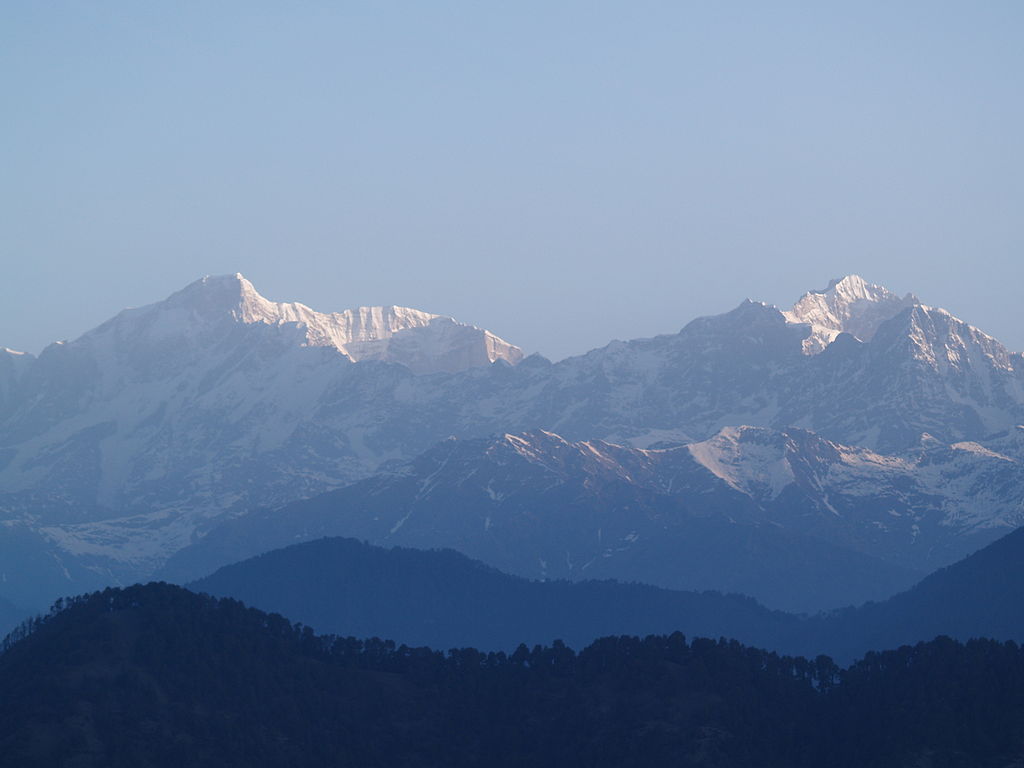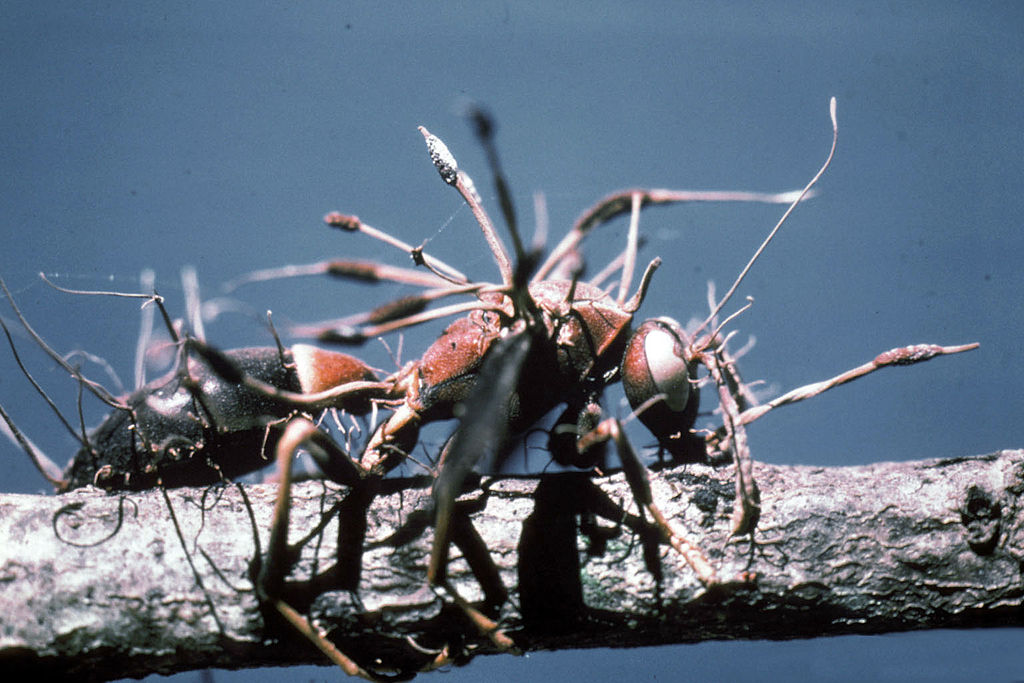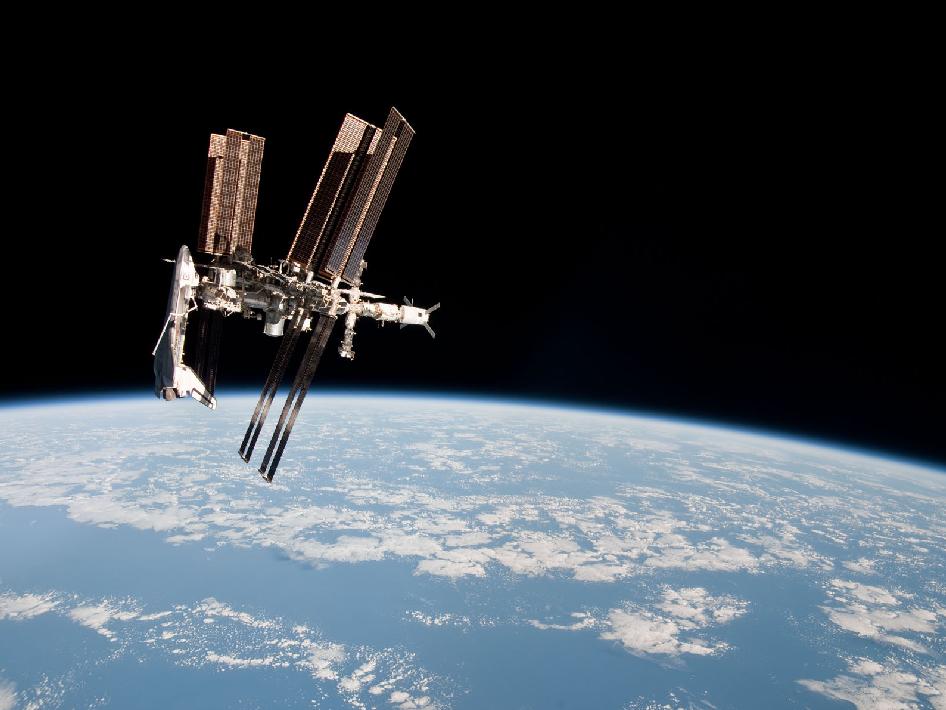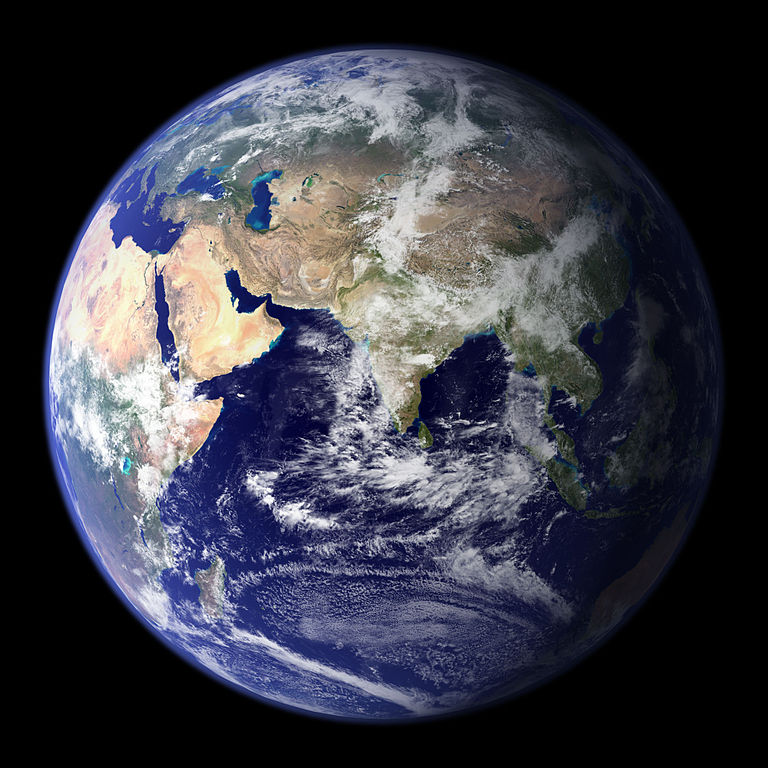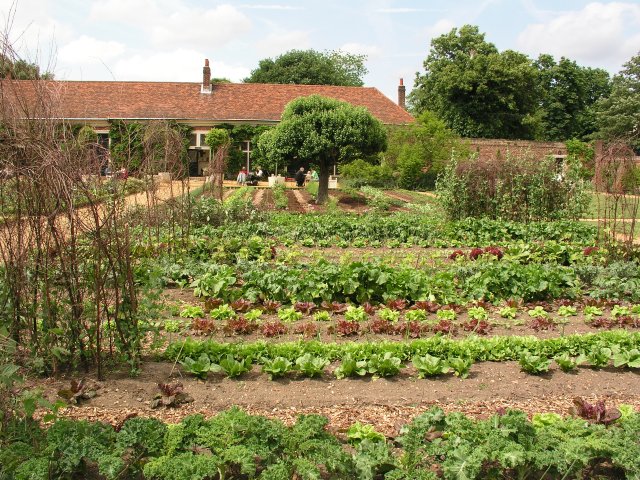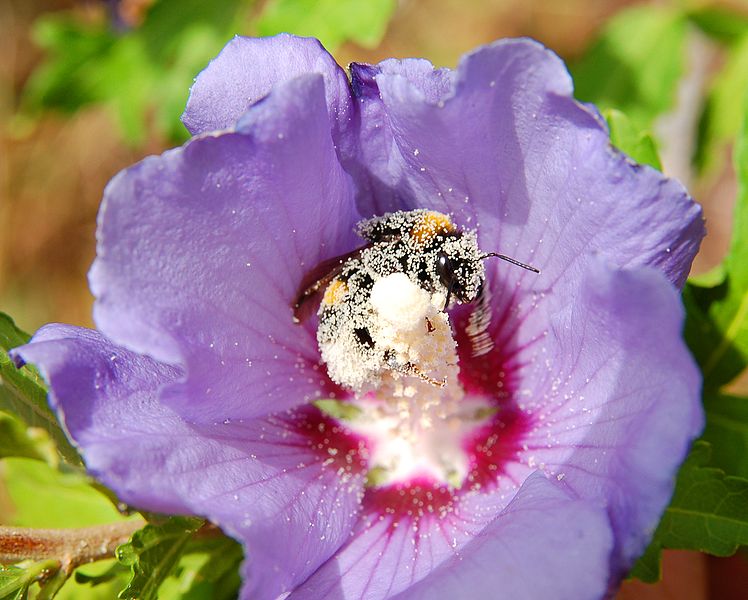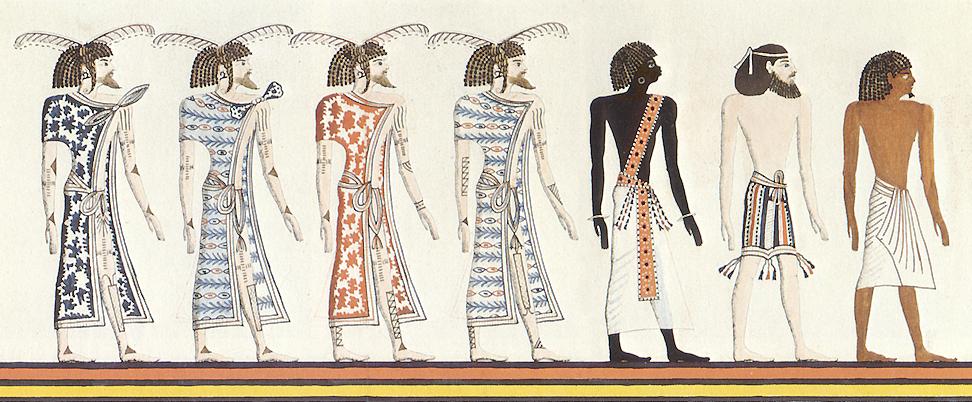Over the last two decades, anthropologists have been decoding the history of our species through clues etched in our DNA. By taking DNA samples of people all across the world and comparing the differences and similarities in our genetic code, they have been able to trace our origins and the patterns of migration and settlement that led us to where we are today. One of …
Parasites of the Mind
Cover photo by Erich G. Vallery, USDA Forest Service – SRS-4552, Bugwood.org Parasites are a beautiful nightmare. The many lineages of parasites have evolved all sorts of twisted, macabre ways of making a living off their host. Some are content to live on our skin and feed off sweat and dead skin, while others must burrow deep inside to get their …
Space: A Reflection of Ourselves
In late April, Russia’s deputy prime minister helpfully suggested that the United States look into trampolines to get its astronauts to the International Space Station (ISS). The threat to stop ferrying US astronauts on Russian ships, delivered cheekily and via twitter, was mostly a childish diplomatic gesture reflecting rising tensions over Ukraine. However, it exposed a telling snapshot of the changing politics and science of …
Reputation, Trust and the “Sharing Economy”
When my fiancée Jen and I went to Chicago a few weeks ago, we stayed at the home of a complete stranger. A decade ago, this would have been seen as a risky and somewhat weird move. But we felt completely comfortable staying with this man, and leaving our luggage at his house for hours in an unlocked room while we toured the …
A Changing Earth Day
Happy Earth Day! Today, millions of people around the world will celebrate the natural world and our role as humans in protecting and restoring it. However, science has shown us that the nature of nature is change. How do we protect a changing system? What does Earth Day mean, really? Our role Earth Day represents a moment of unity for those who care …
Changing Winds in Science Funding
Bias can taint scientific research, as conclusions are sensitive to the conscious and unconscious choices scientists make in study design, data collection, analysis, and interpretation. A naive, utopian vision of science would have its practitioners completely impartial, unbiased and objective. Scientists would rely solely on the evidence to construct their conclusions about the world, without an eye towards dogma or financial gain. Of course, …
A Healthy Diet: How do we Know?
The question of what’s for dinner is not as simple as it used to be. We are told to avoid sugars, gluten, and saturated fats, and to increase our intake of resveratrol, vitamin D, and Omega-3 fatty acids. We’re sold the Atkins diet, the Paleo diet, the Mediterranean diet, Jenny Craig, DASH, Weight Watchers, and on and on. There are so many programs …
The Romance of the Garden
This post is adapted from the original on my (now-defunct) personal blog “Strange Branches.” If you live in Zone 5-7 in the US (see map), this is a good time to buy seeds and seedlings to start your garden, so I thought I’d give you a gentle nudge. For the past four years now, my partner Jen and I have been …
Symbiosis: What’s in a Name?
In the natural world, no species is an island. Every living thing is enmeshed in a web of interdependency with other species. In the broadest sense, all living things depend on the metabolism of other species to deliver the nutrients they need in a form they can use. Without the photosynthesis of the world’s great forests, coral reefs and algae beds, there would …
Decoding the Stories of our Ancestors – pt. 3
In previous posts I discussed the evolving debates concerning the geographic origins of Homo sapiens, and whether our ancestors interbred with Neanderthals and Denisovans. In both cases, a flood of newly available genetic evidence revolutionized our understanding of our past. But what about the more recent chapters of our history? Almost every corner of the globe has been settled by at …

